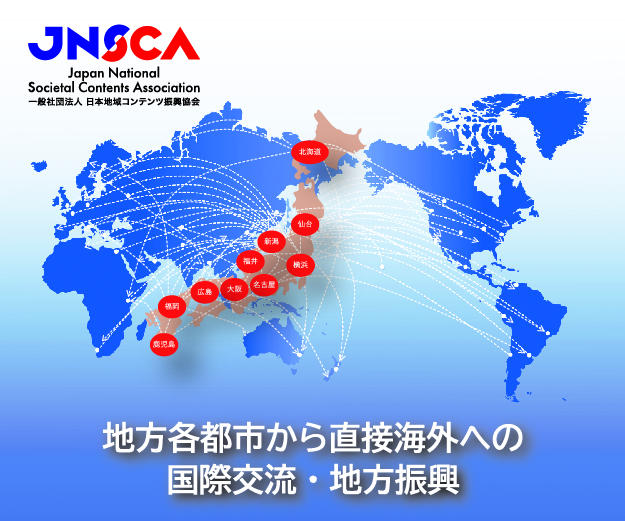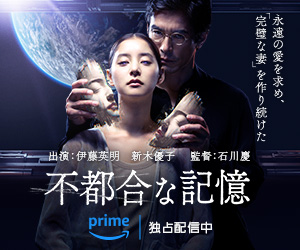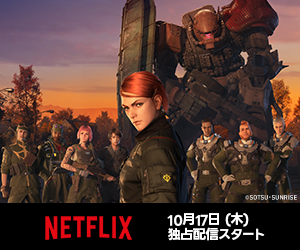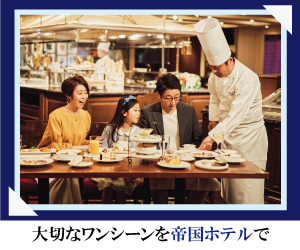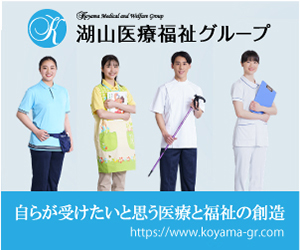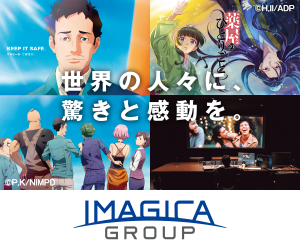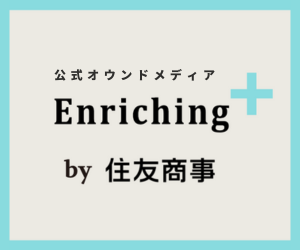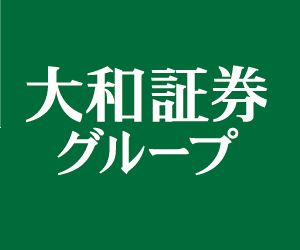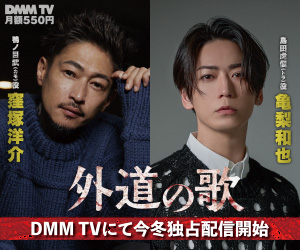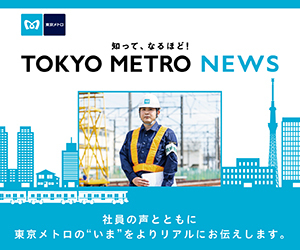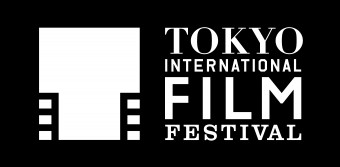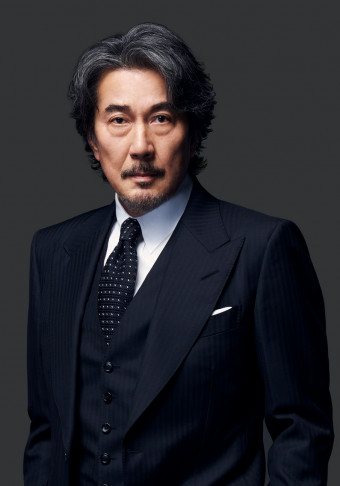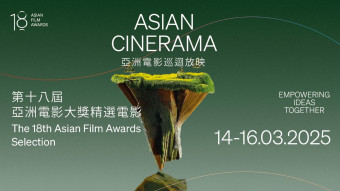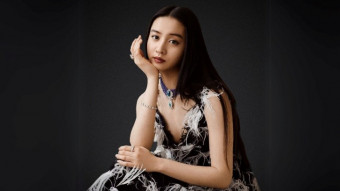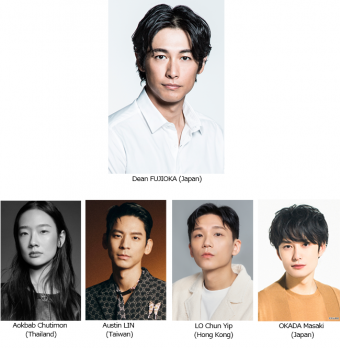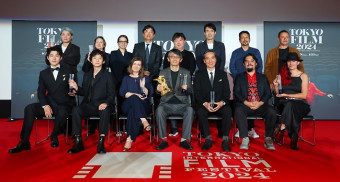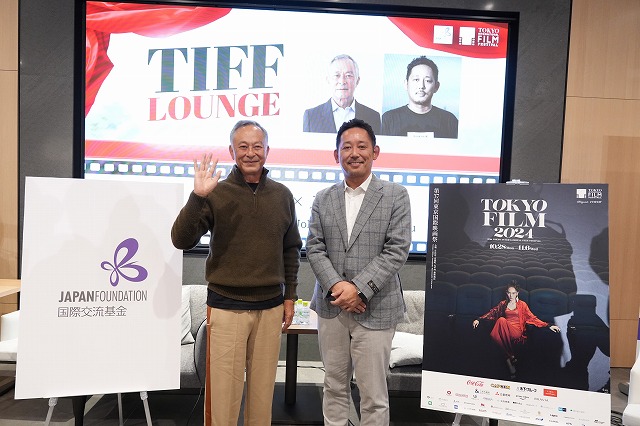
Legendary Hong Kong director-producer Johnnie To sat down with TIFF’s Japanese Director in Focus Irie Yu on October 31, as part of the TIFF Lounge series co-presented by The Japan Foundation and the Tokyo International Film Festival. The match-up might have seemed an unusual one, given that Irie is known primarily for his independent social dramas and To is one of the most influential filmmakers of all time, known primarily for his large-scale action films.
However, in opening remarks, To thanked the audience for taking the time to come, and noted, “It’s a good opportunity to know what young filmmakers are doing, and I’d like to talk about what I’m doing in Hong Kong. It would also be great to hear from the audience.” Then he said, “We just discovered that Mr. Irie and I were actually at the Yubari International Film Festival together 14 years ago.”
Explained Irie, “I grew up with Hong Kong films, and I’ll never forget how shocked I felt when I first saw The Mission (1999). At Yubari, Mr. To was the head of the jury and I was so nervous, I couldn’t talk to him. I remember he was smoking a cigar and I snuck a photo of him. I never thought I would be sitting here with him today, and I’m so honored.”
While it may have been kismet that brought the two men together again at the TIFF Lounge, it’s more likely that TIFF Programming Director Ichiyama Shozo, who moderated the session, felt it was good timing for the pairing, since Irie had just completed his first big-budget period action film, Muromachi Outsiders, due for release in January 2025.
But after Irie mentioned The Mission, Ichiyama was prompted to recall seeing that film as well as and Exiled (2006) — which brought Anthony Wong and Francis Ng together with To once again for the first time since the earlier film — at an event in Hong Kong. Soon, talk focused on the genre maestro’s rather unique style of filmmaking.
“Is it true,” asked Irie, “that there was no script for Exiled?”
Nodded To, “More than 10 of the films I’ve directed didn’t have screenplays.”
Countered Irie, “So how do you give actors direction?”
To considered for a moment before saying, “When you create a proper screenplay, it’s like the movie’s already done and I wouldn’t be able to do my best on set. When we do the casting, I think about whether an actor will be good at improvisation, which is really important to me. First we shoot everything, and then about one-third of the way through shooting, the actors understand what I’m looking for. Although I don’t recommend this style to young filmmakers, I don’t tell the actors anything.”
“The Mission and Exiled are my two favorite films,” said Irie. With the gun scene at the doctor’s, where the wind comes and sways the curtains — did the crew bring in big fans for that?”
To smiled. “Since there wasn’t a screenplay, the crew didn’t know what to prepare. I usually just have it all in my head.”
“I have to thank Kurosawa Akira because I’ve learned everything from him for my films. One of his most singular features relates to the atmosphere, how to capture the ambience, to create a tense environment, and keep you wondering what’s going to happen next. We try to tease our audience. The director’s always aware of what’s going to happen next, and we have to create that expectation [for audiences] in the film. It’s about the visuals, the audio. Kurosawa was able to use those to create a story, and he was really good at it.”
“After 2000,” noted Ichiyama, “you developed about two films per year. I heard that you were actually working on both at once. Is that true? How is that possible?”
Responded To, “It’s not only two, I shoot three at the same time. If I don’t feel inspired, I won’t be able to shoot anything. I’m shooting something right now and I stopped feeling inspired after a few days, so we left it for three months. I shoot films for commercial release and also another film that’s more [independent]. When I’m not inspired, I leave it for a while.”
Ichiyama mentioned that the upcoming Tokyo Filmex festival will be hosting a 25th anniversary screening of Sparrow, with Simon Yam, and asked, “Did you spend more time on that one?”
To recalled, “The Hong Kong government at the time was promoting development and they tore down all the old buildings. I actually opposed it, but I didn’t take part in the demonstrations because I didn’t think the government would mend their ways. Pickpockets have to pickpocket because they don’t have any money, and I heard they had certain techniques they practiced for their work. We wanted to depict them and the location was so important. We had to go to a place where they still had older buildings. ”
“In the film, it’s 15 years after the war, and there were so many people coming to Hong Kong either to immigrate and begin working, or for transit elsewhere. Hong Kong is such a small island, and it becomes a stage for everybody. I think we spent 2 to 3 years making the film, but we had to cut corners because we didn’t have enough funding. We’d raise funding for another film we were working on, then use the budget for Sparrow.”
“Were you able to do that because you had your own company?” asked Irie.
Said To, “Milkyway Image was established in 1996. In 1995, I didn’t shoot anything and I was thinking about whether I wanted to keep making films, whether we always had to have big stars or whether I wanted to go in another direction. Then I established the company with my partner Wai Ka-fai because I wanted to never forget that in the future, I only wanted to create original films.”
“In the 1980s, I was working for a very famous film company, making commercial films. After I’d made a comedy that was a big hit, they told me that I could make the film that I wanted to make. I came up with the idea to shoot All About Ah-Long, with Chow Yun-fat and Sylvia Chang. I told the company my idea and they said ‘What?! Who’s going to want to watch that?!’ But I shot it and it was a big success, maybe the most successful film of the year.”
“In that film, there’s this exciting motorbike racing scene at the end. I wanted to shoot the bike flying and landing with the rider underneath. I talked with the stuntman and he agreed to try it out. But when I was eating dinner, the stuntman and his assistant came to see me and said that the stuntman would probably lose an arm or a hand, and if I wanted it to be [really convincing], he might even lose his head. I wondered if they just wanted more money. ”
“I spoke to the production person and asked him to get an ambulance and have it on standby near the location. The next morning, I wasn’t feeling so well, because after the third crash, the ambulance was really necessary, with so many injuries. By around 4pm, I couldn’t watch the monitor anymore, even though I called Action! I was just listening to the noise. Then it suddenly stopped. I looked at the monitor and I couldn’t see the stuntman at all. Finally, I saw him standing up, and that was a big relief. When I was eating dinner, he came and asked what I thought of the shot, and he showed me his fingers, bound in bandages. Hong Kong films [earned global attention] because of the efforts of these film workers.”
Ichiyama asked To about his position on the jury at the Fresh Wave International Short Film Festival in Hong Kong. He said, “We’re able to support young filmmakers and some are already making features. We need to encourage emerging filmmakers. When I was young, there were so many big studios, and all of them are gone now. Governmental funding is not enough to grow filmmakers’ dreams. We need more investors to invest in Hong Kong films.”
With time limited, only one question was allowed from the packed audience, and To was asked how he thinks Hong Kong filmmakers can strike the right balance between reality and their dreams. “There are a lot of regulations and there’s a certain amount of censorship,” To answered. In that environment, creating a film requires an understanding of what might be censored. Creators always have something to say, but how clearly or truthfully are you going to be able to deliver your message if the film is made in Hong Kong? You have to think hard about that before you make your film. But as long as you have talent, you can create a film anywhere. You just have to do it in a smart way.”
TIFF Lounge Co-presented by The Japan Foundation & Tokyo International Film Festival
Conversation between Johnnie To and Irie Yu
Guest Speakers: Johnnie To (Filmmaker/Producer), Irie Yu (Filmmaker)
Moderator: Ichiyama Shozo (Programming Director, Tokyo International Film Festival)












